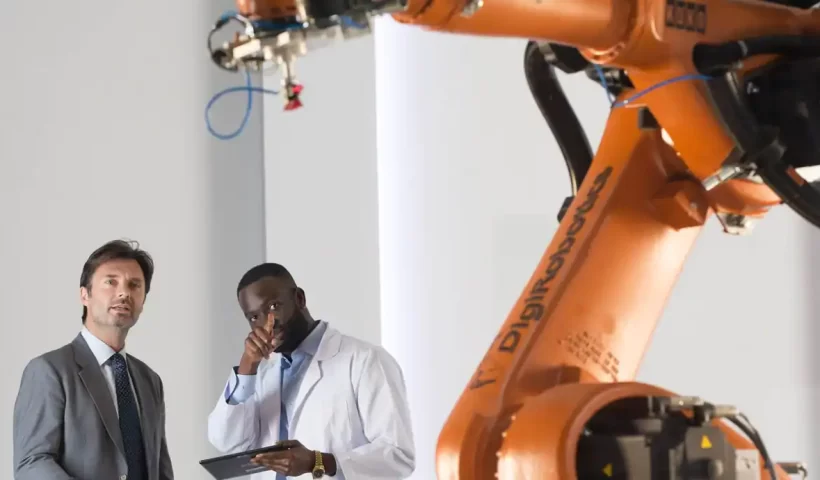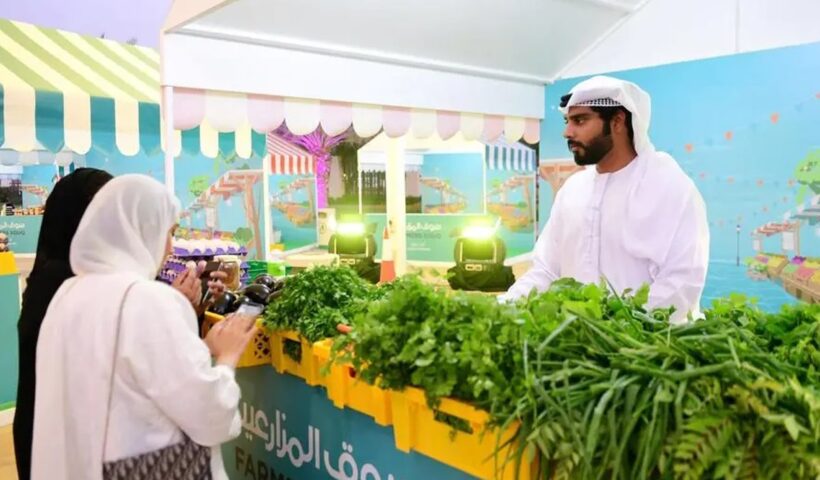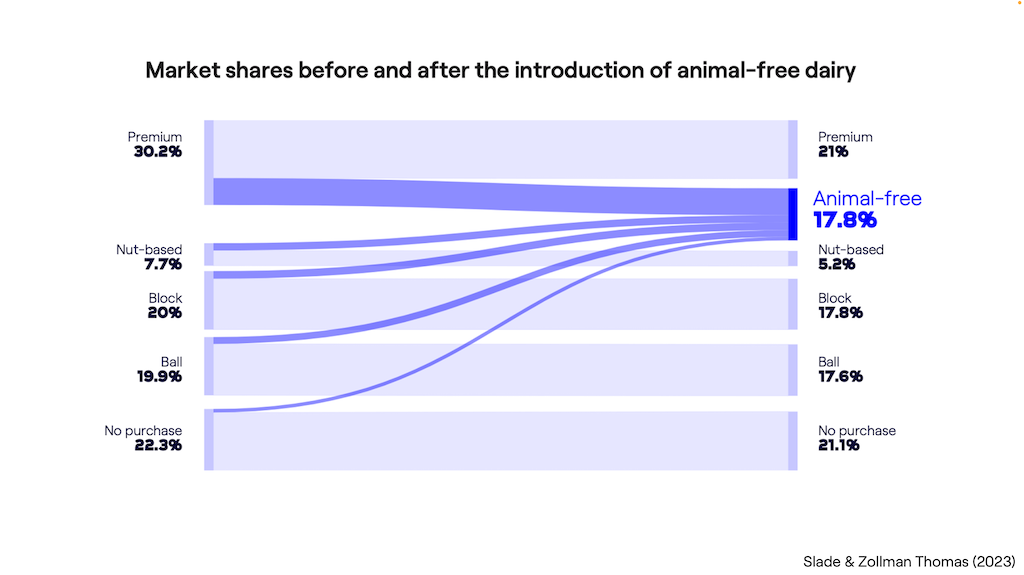Global business hub Dubai is well known for its friendly business climate, advantageous location, and strong economy. It provides an abundance of options for business owners everywhere, including visitors and non-residents. This article examines the steps involved in launching a business in Dubai as a foreigner, the advantages it provides, and the factors to take into account.
In most cases, foreign business owners can now retain 100% ownership of their companies while also taking advantage of the UAE’s reduced corporation tax rate and 0% personal income tax. One of the most recent developments is the long-term visa, which permits foreigners to reside in the UAE for extended periods of time and perhaps retire here once their jobs are over.
With the right guidance, even non-residents can establish enterprises in the UAE and manage them from anywhere in the globe.
Here are some study results that demonstrate why foreigners choose to call the UAE their home:
- In the UAE, 37% of expats intend to retire. This is an increase from 28% in 2021, and the introduction of the Golden Visa and Retirement Visa programs is probably to blame.
- In the UAE, 68% of expats are happy with their lives. This shows that the UAE is a well-liked place for expats to settle, even though it is somewhat below the global average of 72%.
- The employment prospects, the standard of living, and the climate are the main draws for expats to relocate to the UAE.
- Dubai, Abu Dhabi, and Sharjah are the most well-liked cities in the United Arab Emirates for foreigners.
- Over 2,000 residents and expatriates were polled in 2023 by the National Bonds.
Here are a few more intriguing survey results:
- The UAE is regarded as an excellent place to save money by 76% of respondents.
64% of respondents said they were close to establishing a trustworthy fund. - In the UAE, 80% of respondents said it was simple to get a visa.
- Overall, the study revealed that expats enjoy living in the UAE and are typically content with their life there.
Does Dubai Allow Foreigners to Open Businesses?
Yes, Dubai aggressively promotes international investment and permits non-residents to create and run their own companies. The government has put in place rules that encourage foreign direct investment, making it a desirable location for businesspeople everywhere.Here are some pertinent recent news and updates:
The Dubai Department of Economic Development (DED) stated in January 2023 that it will streamline the application procedure for company licenses for non-residents. The new procedures are intended to facilitate non-resident business establishment in Dubai and increase international investment in the emirate.
The Dubai government stated in April 2023 that it will exclude non-residents who are launching firms in specific industries from the obligatory local sponsorship requirement.Technology, media, and healthcare industries are excluded from the local sponsorship requirement.
The Dubai government is making it simpler than ever for people who are not citizens to open enterprises there. I advise anyone thinking about launching a business in Dubai to follow recent news and updates to be informed about the most recent rules and specifications. - Benefits of Foreign Entrepreneurship in Dubai
The United Arab Emirates (UAE), the second most appealing nation internationally for millionaires, is predicted to draw 4,500 millionaires by the end of 2023, according to an article from Arab News. This is due to the UAE’s cheap taxation system, one of the quickest immunization rates in the world, and Dubai’s role as the site of the first World Expo following COVID-19.This flood of ultra-wealthy people has also been facilitated by the UAE’s immigration policy, which are intended to draw in private money and foreign talent. Notably, wealthy Russians are beginning to immigrate in huge numbers to the UAE in an effort to avoid the effects of Western sanctions on their nation.
However, China will see the highest net exodus of millionaires, with 13,500 leaving the nation in 2023. By the end of this year, over 6,500 millionaires are anticipated to leave India, while just 3,200 will leave the UK, primarily as a result of post-Brexit economic developments and regulatory changes influencing tax status.
Dubai provides a variety of advantages for international businesspeople, including:
Dubai is one of the world’s fastest-growing and most diverse economies, which offers a stable business environment.
Tax-Effective Economy: The UAE has one of the world’s most competitive tax systems, with a low income tax and no VAT on residential property for companies operating from free zones.
Dubai’s strategic location makes it simple to access new markets.World-class Amenities: The city provides first-rate public spaces, healthcare, and infrastructure, which raises the standard of living for business owners and their staff.
Dubai consistently ranks as one of the world’s safest travel destinations thanks to its low crime rate and strict adherence to the law.
Low corporation tax rate: The UAE has one of the lowest company tax rates in the world at 0%. You won’t be required to pay corporate taxes on your profits as a result.There are no limits on foreign ownership of firms in the United Arab Emirates. This implies that regardless of your nationality, you can own 100% of your company.
Dubai is a prominent global center for trade and commerce.
Government that is open to business: Dubai’s government is quite open to business. They are dedicated to fostering a smooth and effective business climate and provide a number of incentives to entice international investment.
Overall, there are more advantages to beginning a business in Dubai as a foreign national than disadvantages. Dubai is a fantastic choice if you’re searching for a business-friendly climate with a low corporate tax rate and no limits on foreign ownership.











